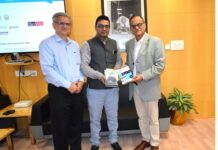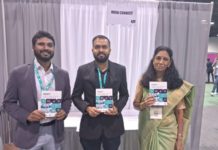AIMED says key strategic aspects missed in DTAB meeting
While welcoming the initiative taken by the Drugs Technical Advisory Board (DTAB), the Association of Indian Medical Devices Industry has expressed dismay over finding certain important strategic directions missing in the minutes of the 82nd meeting held in first week of April

































































